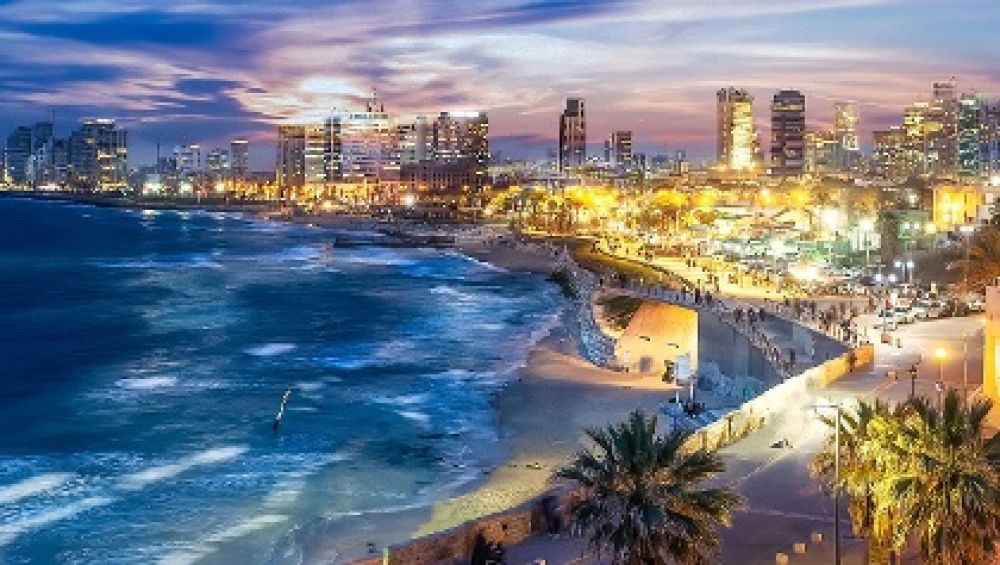

Tel Aviv, since its foundation in 1909, was initially a small district of the ancient port city of Jaffa. However, it quickly grew due to the influx of Jewish immigrants, and its unique Bauhaus architecture flourished during the 1930s. This distinct style later played a significant role in attracting tourists, leading to the city's designation as a UNESCO World Heritage site.
By the mid-20th century, Tel Aviv had begun to establish itself as a cultural hub. The opening of the famous Tel Aviv Port in the 1930s introduced a place for leisure which eventually would become a center for nightlife and entertainment, appealing to both locals and visitors. After Israel's independence in 1948, Tel Aviv gained prominence as the modern face of the new state, further solidifying its appeal to international tourists seeking a blend of history, culture, and innovation.
In recent times, Tel Aviv has been characterized by its vibrant urban atmosphere, the beaches along its Mediterranean coastline, and a thriving nightlife. The city has positioned itself as a hub for art, fashion, and food, attracting travelers interested in its creative scene and culinary delights. Neve Tzedek, one of the first Jewish neighborhoods outside Jaffa, shines today as a charming area teeming with boutiques, galleries, and restaurants, highlighting the city's continued evolution.
The technology boom of the 21st century has had a magnetic effect on tourism, with Tel Aviv being in the heart of the nation's high-tech industry, dubbed as the "Silicon Wadi". This influx of business travelers interested in tech and startups has influenced the rise in sophisticated hotel offerings and conference facilities, catering to a new demographic of professional visitors.
Hosting one of the world's most vibrant Pride Parades, Tel Aviv has made a name for itself as an inclusive and open-minded destination. Pride week is one of the city’s most significant events, drawing huge international crowds every June and reinforcing its reputation as a haven of tolerance and diversity within the Middle East.
From the early interest in its architectural splendors to its modern appeal as a city of diversity and innovation, Tel Aviv's tourism history is a reflection of its dynamic nature. It has adapted to the times and the needs of travelers from different eras, always offering vibrant culture, history, and warmth to its visitors. With its historical landmarks, thriving arts scene, and high-tech allure, Tel Aviv continues to be a leading destination on the world tourism map.